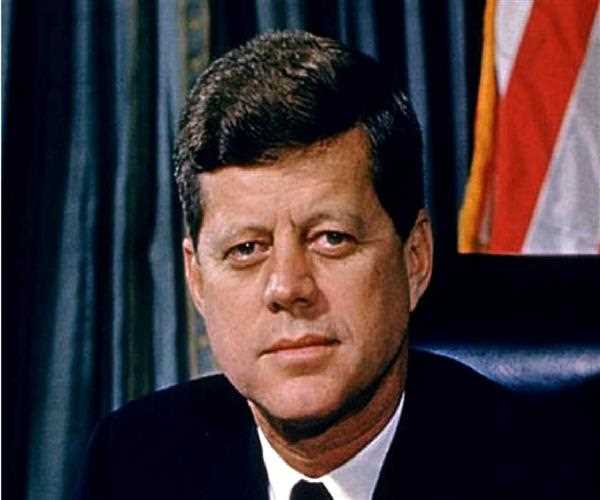The 1960 decision battle was overwhelmed by rising Cold War strains between the United States and the Soviet Union. In 1957, the Soviets propelled Sputnik, the primary man-made satellite to circle Earth. American pioneers cautioned that the country was falling behind socialist nations in science and innovation.

After three years, an American U-2 spy plane was shot down a finished Soviet area and its pilot caught. The occurrence prompted the wiping out of President Dwight D. Eisenhower's arranged outing to Moscow and the fall of a summit meeting with Soviet Premier Nikita Khrushchev.
In Cuba, the progressive administration of Fidel Castro turned into a nearby partner of the Soviet Union, uplifting fears of socialist subversion in the Western Hemisphere. Popular conclusion surveys uncovered that the greater part the American individuals thought war with the Soviet Union was unavoidable.
The Candidates
John Fitzgerald Kennedy caught the Democratic selection notwithstanding his childhood, an appearing absence of involvement in remote undertakings, and his Catholic confidence. On May 10, he won a strong triumph in the Democratic essential in overwhelmingly Protestant West Virginia. His prosperity there propelled him toward a first ticket triumph at the national tradition in Los Angeles—despite the fact that he didn't achieve the 761 votes required for the selection until the point that the last state in the move call, Wyoming.
The Republican candidate was 47-year-old Vice President Richard M. Nixon. He indicated the peace and thriving of the Eisenhower organization and guaranteed the voters that he would keep up American glory, authority, and military quality. He picked Henry Cabot Lodge, US representative to the United Nations, as his running mate. Nixon struck numerous voters as more developers and experienced than Kennedy and drove in the surveys after the national traditions.
The Debates
Kennedy at that point tested the VP to a progression of broadcast banters about. Numerous in the Nixon camp, including President Eisenhower, asked the VP to dismiss the level-headed discussion proposition and deny Kennedy important national presentation. In any case, Nixon certainly consented to impart a stage to his opponent on across the country TV.
In 1950, just 11 percent of American homes had TV; by 1960, the number had bounced to 88 percent. An expected seventy million Americans, around 66% of the electorate, viewed the primary level-headed discussion on September 26th.
In particular, JFK talked specifically to the cameras and the national gathering of people. Nixon, in conventional debating style, gave off an impression of being reacting to Kennedy. Most Americans watching the level-headed discussions felt that Kennedy had won. (Most radio audience members appeared to give the edge to Nixon.)
Overnight the issues of involvement and development appeared to blur from the crusade. Studies would later demonstrate that of the four million voters who made up their brains because of the civil arguments, three million voted in favor of Kennedy. Nixon appeared to be substantially more balanced and loose in the three consequent open deliberations, yet it was the primary experience that reshaped the race.
TV, Religion, and Civil Rights
The two applicants looked for the help of the consistently developing rural populace, and out of the blue, TV turned into the prevailing wellspring of data for voters. Kennedy attempted to distinguish himself with the liberal change convention of the Democratic party of Franklin Roosevelt and Harry Truman, promising another surge of authoritative advancement in the 1960s
In the last long periods of the battle, the gigantically well known President Eisenhower started a talking visit in the interest of Republican applicants. A few key states appeared to move toward Nixon, and by Election Day surveyors were proclaiming the decision a hurl up.
On November 8, 1960, John F. Kennedy was chosen the president in one of the nearest races in U.S. history. In the mainstream vote, his edge over Nixon was 118,550 out of a sum of about 69 million votes cast. His achievement in numerous urban and mechanical states gave him an unmistakable larger part of 303 to 219 in the appointive vote. John Fitzgerald Kennedy was the most youthful man at any point chose the president, the main Catholic, and the principal president conceived in the twentieth century.